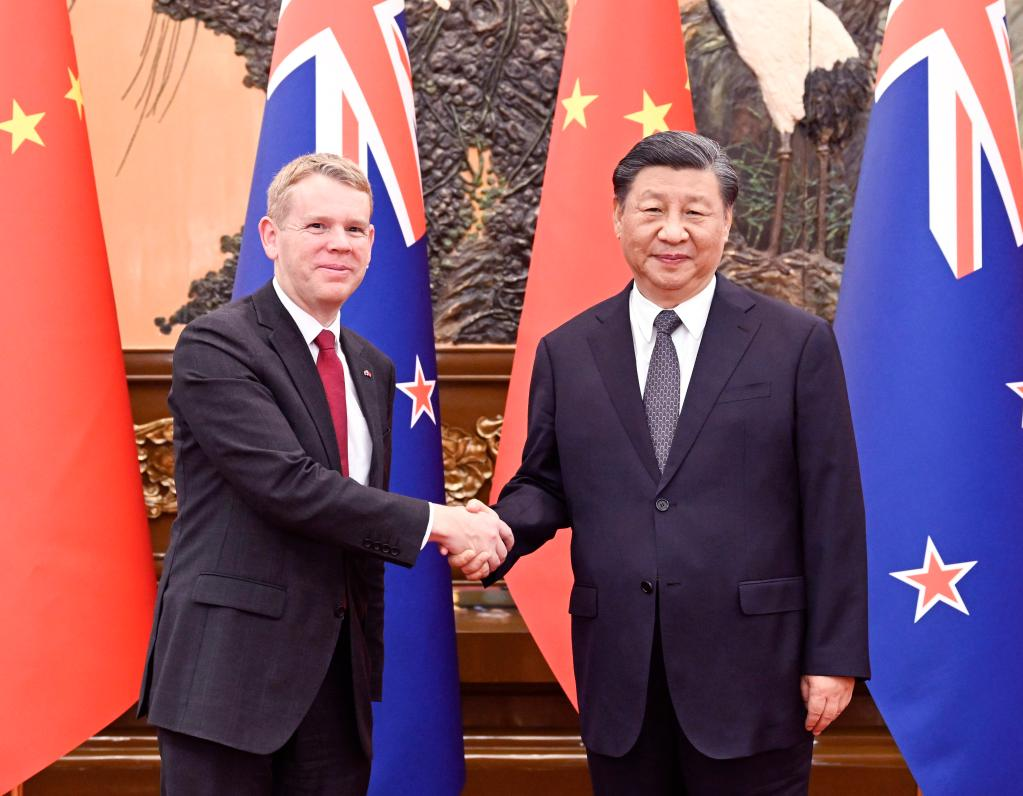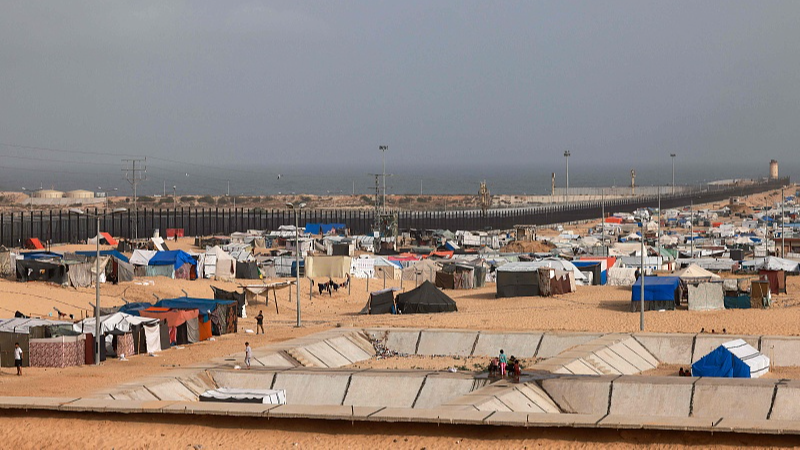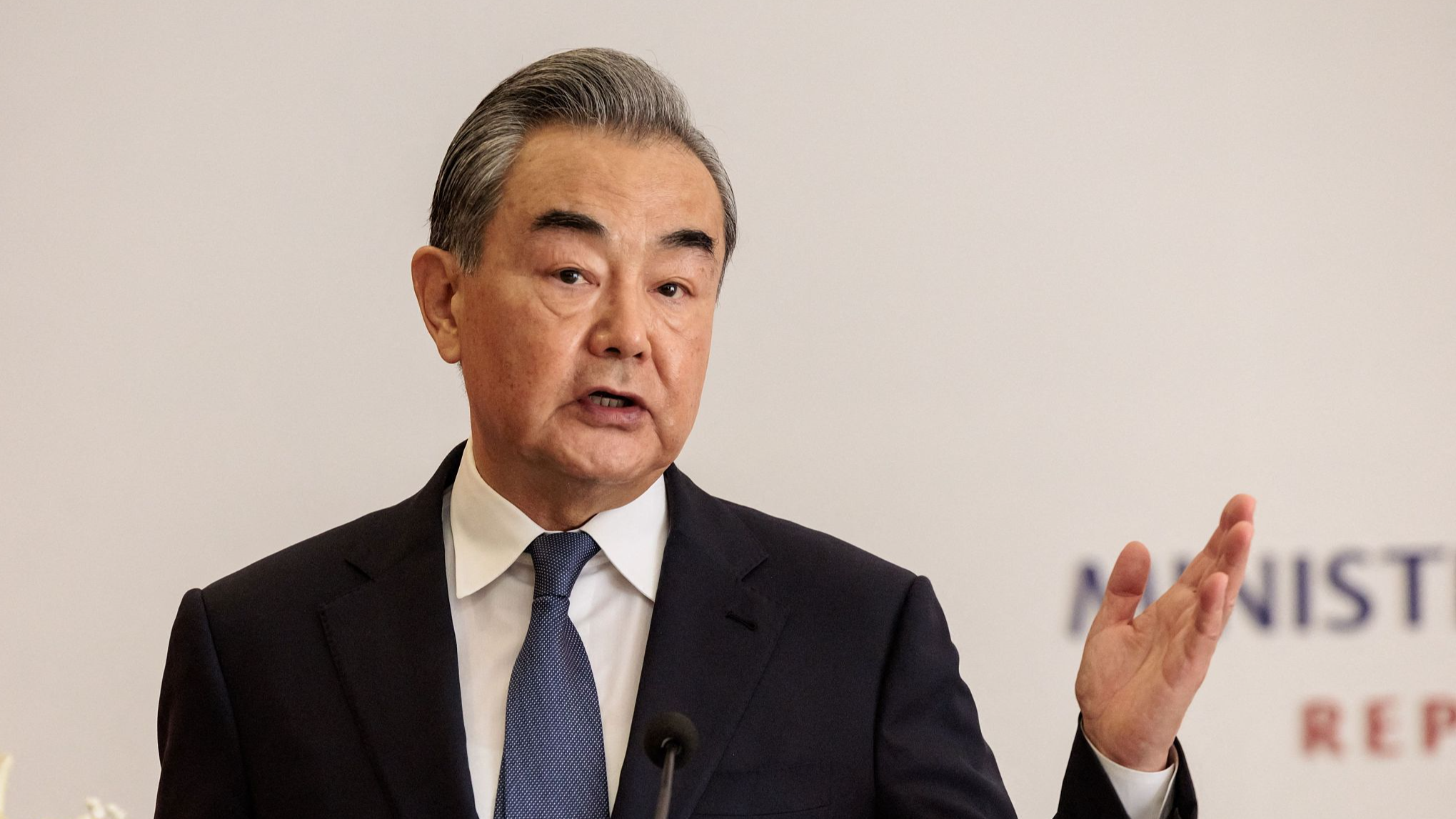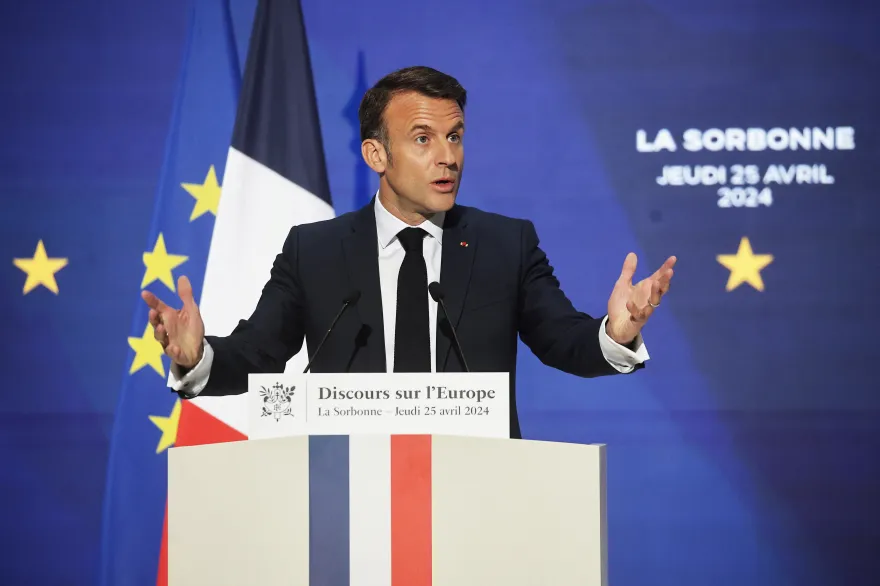BEIJING, June 27 (Xinhua) — China’s emphasis on self-reliance is by no means to adopt a closed-door policy, but to better connect domestic and international markets, Chinese President Xi Jinping said on Tuesday.
Xi’s remarks came during his talks with Prime Minister of New Zealand Chris Hipkins, who is paying an official visit to China.
Xi stressed that, at present, China’s central task is to advance the great rejuvenation of the Chinese nation on all fronts through a Chinese path to modernization. He said achieving high-quality development is a top priority, common prosperity for all the Chinese people is essential, and making a greater contribution to world peace and development is an important goal for China.
China is such a big country with such a large population that it can only base the development of the country and the nation on its own strength, Xi said.
“Only by opening up can China realize modernization. Development is the top priority of the Communist Party of China in governing and rejuvenating the country. We will continue to vigorously promote high-level opening up and better protect the rights and interests of foreign investors per the law,” Xi said.
On bilateral relations, Xi said he attaches great importance to China-New Zealand ties. He recalled his visit to New Zealand in 2014, during which the two countries established a comprehensive strategic partnership.
Xi said the sound and steady growth of China-New Zealand relations over the past decade brought tangible benefits to the two peoples and contributed to regional peace, stability, development, and prosperity.
China has always regarded New Zealand as a friend and partner and is ready to work with New Zealand to embrace another 50 years in bilateral relations and promote the steady growth of China-New Zealand comprehensive strategic partnership, Xi said.
China-New Zealand relations have long been a pacemaker in China’s relations with developed countries, Xi said.
Both countries should continue to see each other as partners rather than adversaries and opportunities rather than threats to consolidate the foundation for the growth of China-New Zealand relations, Xi said.
The Chinese president called for a thorough implementation of the upgraded bilateral free trade agreement and the Regional Comprehensive Economic Partnership (RCEP) to advance trade and investment liberalization and facilitation and provide a better business environment for companies to invest and operate in each other’s countries.
He noted both China and New Zealand need to step up exchanges and cooperation in education, culture, tourism, and at the sub-national and non-governmental levels so that there can be more people like Rewi Alley, a pioneer in China-New Zealand relations, to boost the bilateral friendship.
Xi called on both sides to jointly advocate true multilateralism and a free trade system and address global challenges such as climate change, adding that they can also help the development of Pacific island countries together.
Hipkins said that last year New Zealand and China celebrated the 50th anniversary of their diplomatic relations, which is a vital milestone in bilateral relations. He said New Zealand attaches great importance to developing relations with China.
Hipkins said he is leading a large business delegation to China to explore more cooperation opportunities and lift bilateral relations to a new level.
New Zealand is willing to strengthen personnel exchanges with China, expand bilateral cooperation in economy, trade, education, science and technology, culture, and other fields, and jointly implement the upgraded version of the bilateral free trade agreement, Hipkins said.
The New Zealand side believes that differences should not define the bilateral ties, and what is important is candid exchanges, mutual respect, and harmony without uniformity, Hipkins said, adding that New Zealand is willing to maintain communication with China on helping develop island countries.
Source(s): Xinhua

 News7 days ago
News7 days ago
 News7 days ago
News7 days ago
 News7 days ago
News7 days ago
 News3 days ago
News3 days ago
 News6 days ago
News6 days ago
 News6 days ago
News6 days ago
 News2 days ago
News2 days ago
 News5 days ago
News5 days ago
























